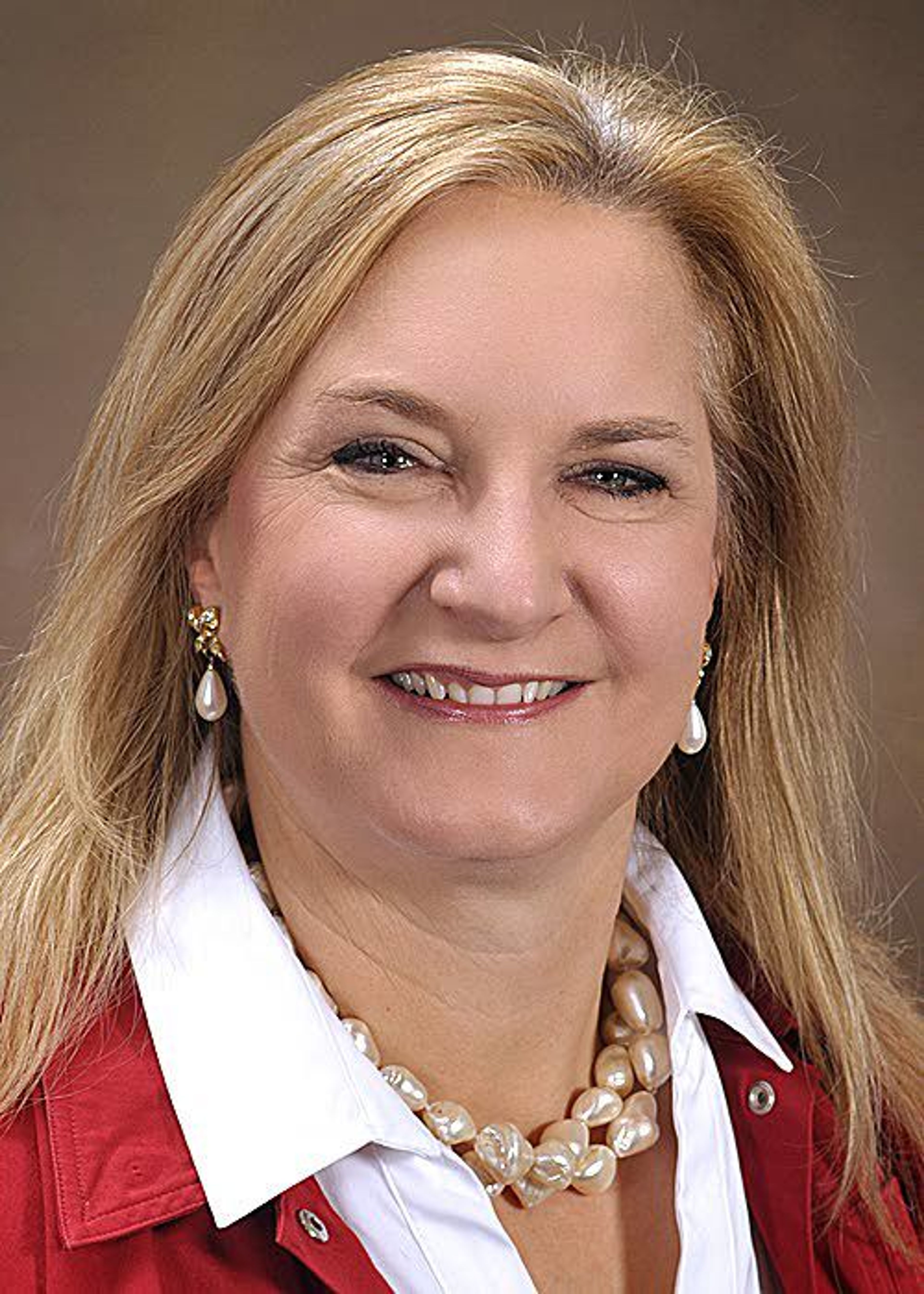Idaho lawmakers react to governor’s address
Many Republicans show unwavering support for Gov. Little’s plan, while Democrats feel spending and tax cuts may be misplaced
BOISE — It must have felt like “Home on the Range” for Idaho Gov. Brad Little on Monday, for nary was heard a discouraging word.
In his State of the State address, Little recommended using a historic budget surplus to pay for a record tax cut, as well as record investments in education and infrastructure.
House and Senate Republicans expressed nearly unqualified support for the plan, saying it combines tax relief with a prudent concern for state resources.
“I liked the message,” said Rep. Charlie Shepherd, R-Pollock. “I like the idea of giving some of the money back to taxpayers, while at the same time being fiscally responsible and addressing the state’s long-term (infrastructure) needs.”
Sen. Carl Crabtree, R-Grangeville, supported the governor’s proposal to use some of the surplus to pay off state debt, and to address the backlog of deferred maintenance projects and aging roads and bridges.
“And we’re cutting taxes again,” he said. “These are good things.”
Rep. Caroline Troy, R-Genesee, was particularly supportive of the proposed investment in deferred maintenance, as well as a $50 million set-aside for behavioral health initiatives.
“In a lot of cases, we’ve been kicking these problems down the road for decades,” she said. The governor’s budget “offers a good combination of investments in things we’ve wanted to fix and for issues that are critical to the future.”
The reaction from Statehouse Democrats was a bit more nuanced. They think the estimated $1.9 billion “surplus” this year stems from a long-term under-investment in education and infrastructure by the Republican majority. Consequently, they were reluctant to compliment the governor on finally taking steps Democrats have been advocating for years.
Nevertheless, they did find things to support in Little’s proposal.
“I was glad to hear that there was an increase in education funding,” said House Minority Leader Ilana Rubel, D-Boise. “I’m curious to see if this will actually be enough to take us out of last place in America (in per-pupil education spending). I think it will take something well in excess of what was proposed.”
She also supported the boost in behavioral health funding and a proposed increase in reimbursement rates for foster care parents.
Senate Minority Leader Michele Stennett, D-Ketchum, cited the increased support for Head Start as another positive sign. However, she also expressed skepticism about how many of the proposals will actually make it into the final budget.
“We keep saying we appreciate the good things he has said in prior speeches, when he proposes to do things Democrats have been talking about for a long, long time,” she said. “But by the time we get to the end of the session we see virtually nothing, because it somehow has been diminished or gets negotiated so it doesn’t exist anymore.”
Somewhat ironically, given the conservative nature of this Legislature, the one area where there appears to be a significant difference of opinion is over the governor’s $600 million in proposed tax relief.
About $250 million of that would come from reducing the state’s top income tax rate from 6.5 percent to 6 percent.
“Until we’re out of last place in education funding, this is no time to for a victory lap and it’s certainly no time to be planning income tax cuts that we know will overwhelmingly benefit the wealthy and well-connected,” Rubel said.
If the Legislature insists on considering tax relief, she said, it should be “laser-focused on reducing property taxes.”
“We’ve listened to our constituents,” Rubel said. “They desperately want relief from skyrocketing property taxes. I’ve never been contacted by a constituent clamoring for more income tax breaks for those at the top.”
Similarly, House and Senate conservatives cited repeal of the state sales tax on food as one of their top priorities for the 2022 session.
“We have a huge budget surplus,” said Rep. Ron Nate, R-Rexburg. “Idaho is one of only five states that fully taxes groceries … The grocery tax is a regressive tax; (eliminating it) will benefit lower-income families more than upper-income families.”
House Speaker Scott Bedke, who opposes eliminating the grocery tax, said he hopes any tax cut proposals can be introduced in the House Revenue and Taxation Committee as early as this week.
“Let’s get the conversation started,” he said.
Spence may be contacted at bspence@lmtribune.com or (208) 791-9168.








